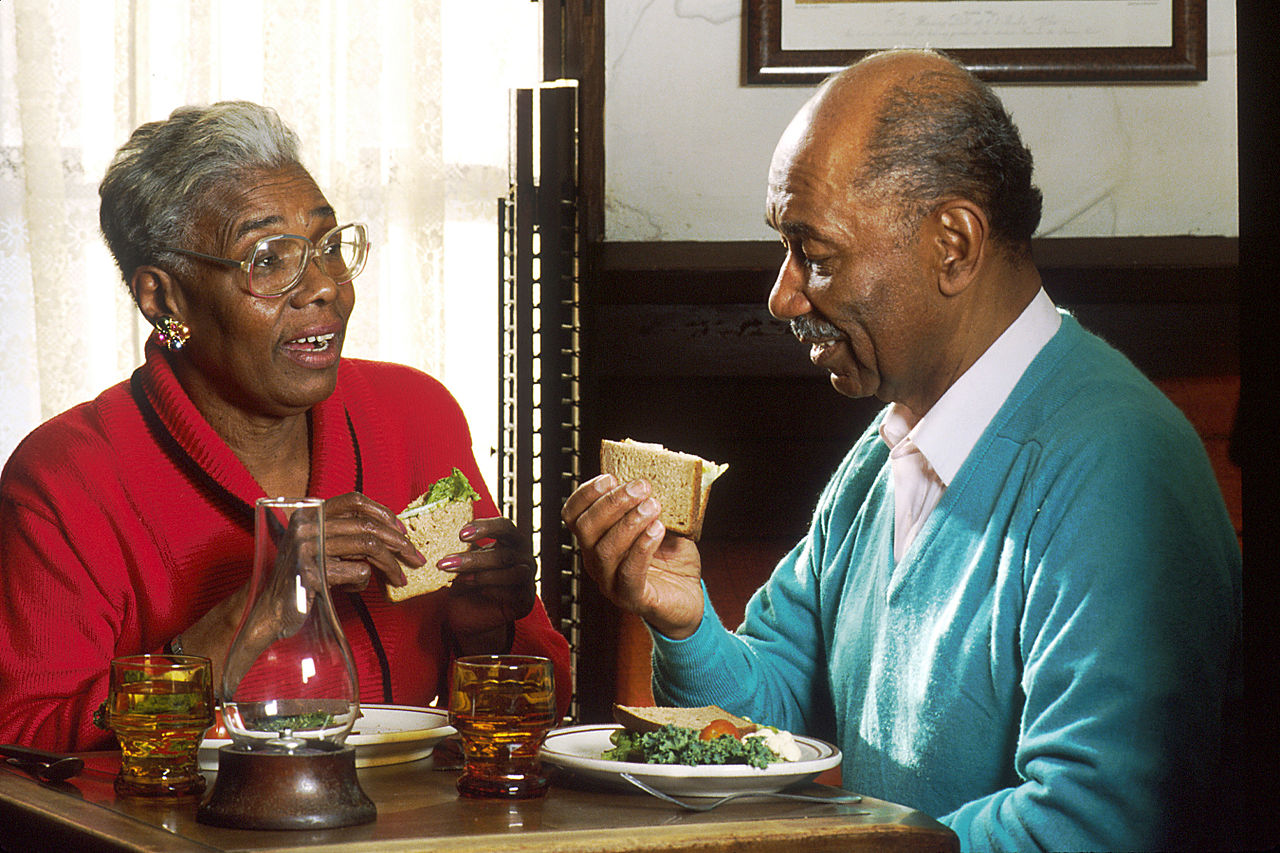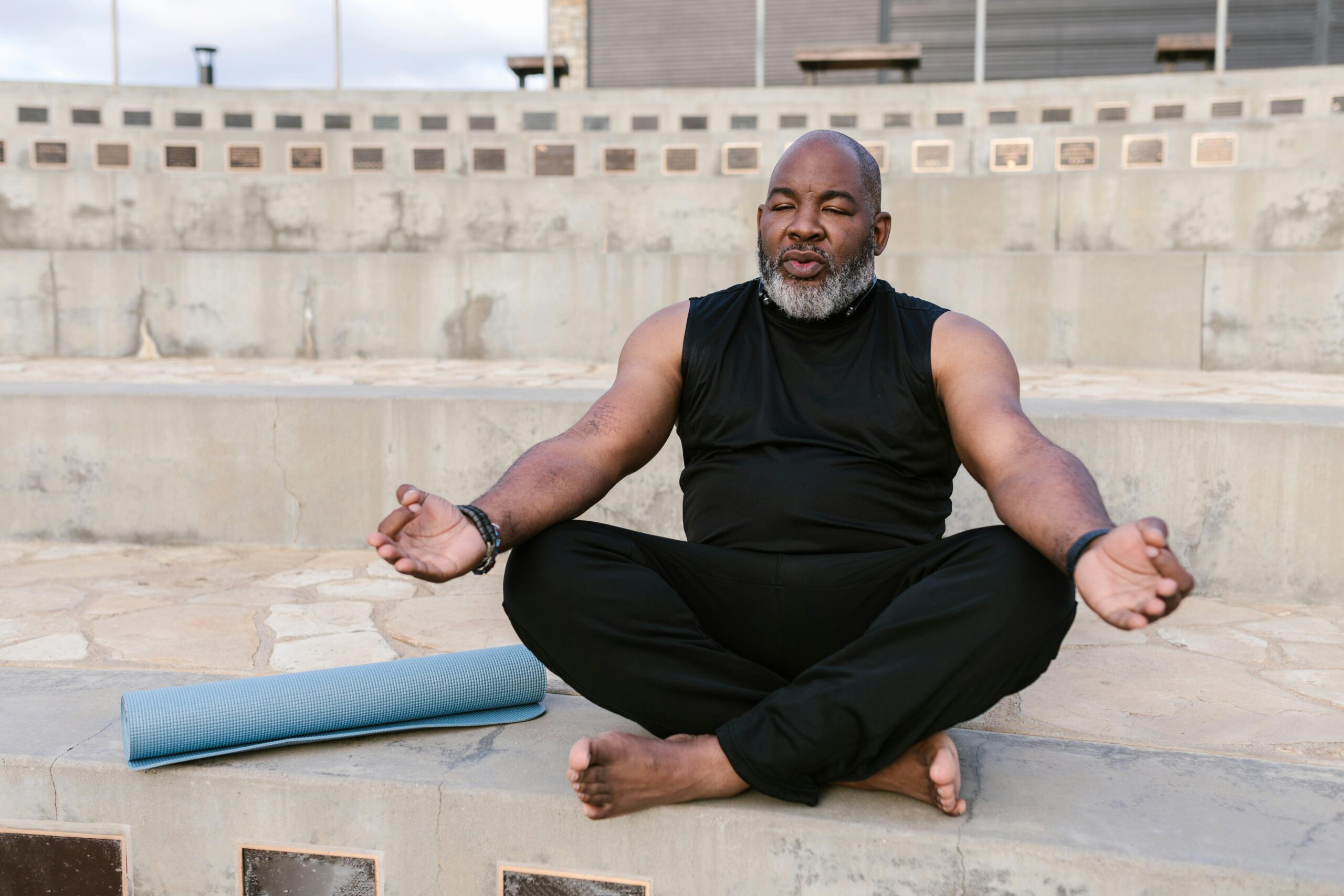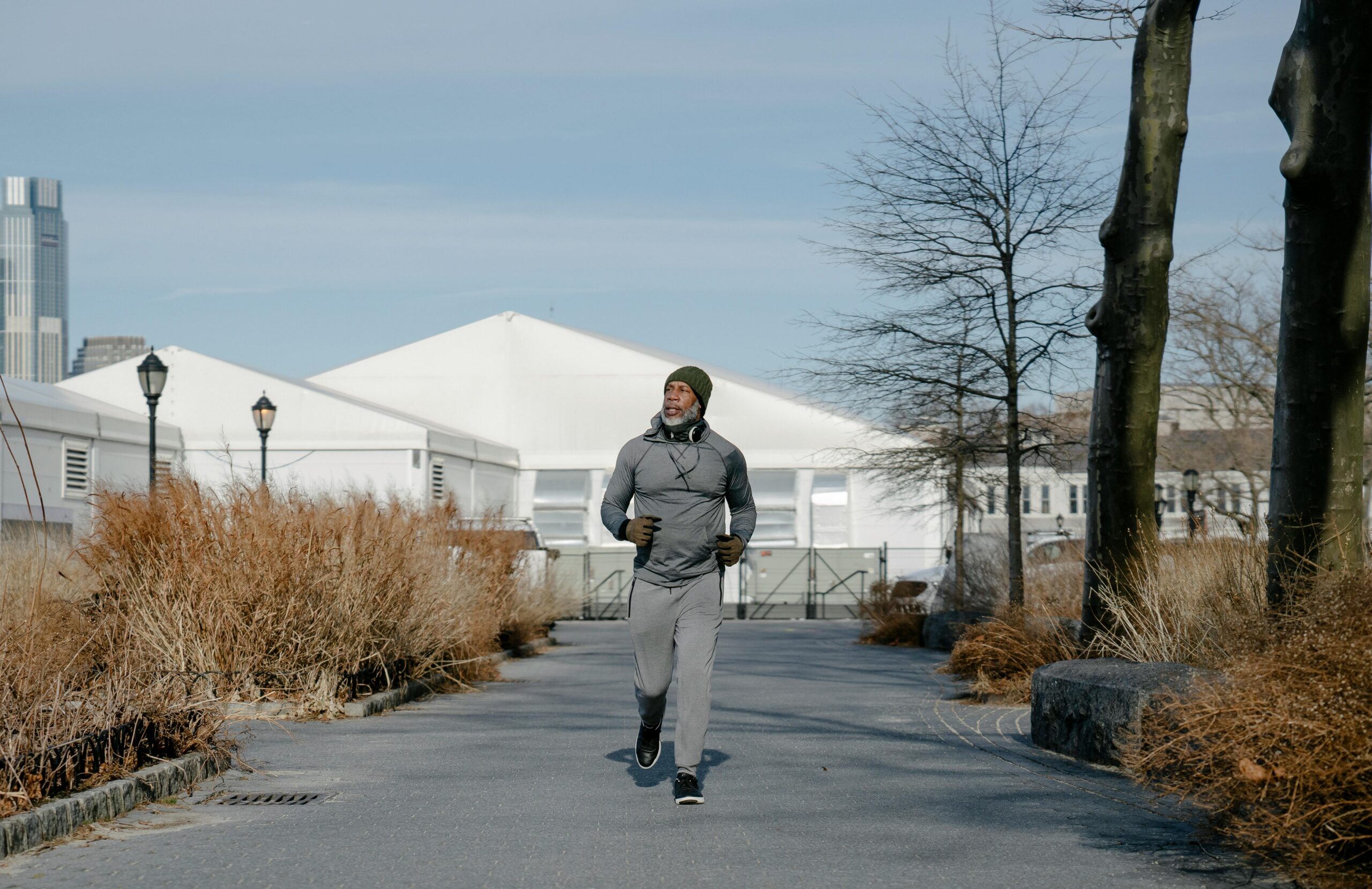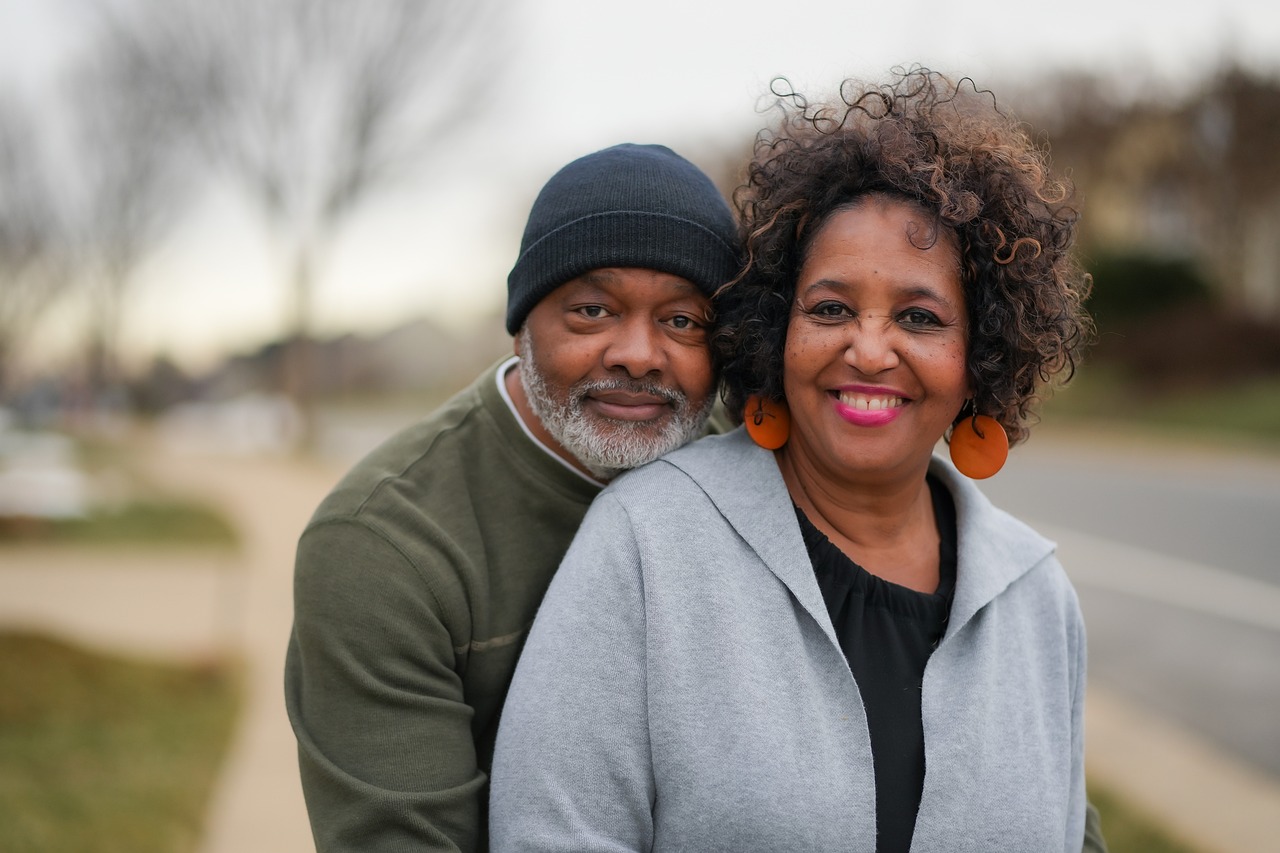The holidays can be a time for joy, but for many of us, they also bring feelings of loneliness or stress. If you’ve ever felt the weight of the season—whether it’s coming from loved ones, dealing with health challenges, or simply feeling overwhelmed by the busyness around you—
you’re not alone. In fact, according to the National Institute on Aging (NIA), older adults over 65 are more likely to experience depression during the holidays than other people.
It’s more common than you may realize, but that doesn’t mean you have to face it alone. The holidays, while often filled with cheer, can also bring some unique challenges, especially for those of us who are older. You might find that memories of past celebrations bring a sense of longing or sadness, especially if you’ve lost loved ones or aren’t able to gather with family like you used to. Or perhaps, with the demands of the season, it’s easy to feel overwhelmed with pressure to keep up with traditions or festivities, even if it doesn’t feel the same anymore. For many seniors, the cold weather and shorter days can also mean more time spent indoors, which can lead to feelings of isolation and loneliness. These moments of silence, loneliness, stress, and sadness can sneak up, even when everyone else around you seems to be celebrating. If any of this sounds familiar, it’s important to remember many people feel this way during the holidays. These struggles are more common than we realize, but that doesn’t mean the holiday blues have to be a part of your experience this year. There are simple ways to bring back joy and make the season a little brighter.
To make the most of this holiday season, there are many practical steps you can take to manage the challenges it may bring.

1. Start by reaching out to others—whether it’s family members, close friends, or even a neighbor. Regular communication, even through phone calls or video chats, can significantly reduce feelings of isolation and bring comfort. According to the Centers for Disease Control and Prevention (CDC), social connections are vital for mental health and can lower stress and improve emotional well-being during the holidays.
2. Additionally, creating new traditions that suit your current lifestyle can help foster a sense of joy and connection. Whether it’s a quiet evening with your favorite movie, starting a new hobby, or volunteering for a cause you care about, focusing on activities that are meaningful to you can make a positive difference. A study by the American Psychological Association emphasizes that engaging in meaningful activities can increase feelings of fulfillment and satisfaction.


3. Don’t forget to prioritize your well-being—taking time each day for a walk, practicing relaxation techniques, or ensuring adequate rest can significantly improve your mood. Regular physical activity, such as a daily walk, is linked to reduced symptoms of anxiety and depression, as
highlighted by the National Institute of Mental Health (NIMH).
4. Also, make sure to take advantage of natural sunlight. Exposure to sunlight helps regulate your body’s circadian rhythm and boosts the production of serotonin, a hormone that improves mood and promotes feelings of well-being. The Mayo Clinic recommends spending time outdoors in natural light, especially in the morning, to support better mental health during the winter months when daylight hours are shorter.

If the holidays feel especially challenging this year, we at Community Hero Action Group are here to uplift you. Our Community Advocates for Senior Empowerment Program (C.A.S.E.) is dedicated to supporting seniors in finding mental clarity, prioritizing their health, and reconnecting with joy. Through this program, we offer a holistic approach to mental well-being, beginning with personalized screenings to help identify any symptoms of depression and understand their impact on your daily life. From there, we guide you toward the right resources, whether it’s connecting with mental health professionals or helping you access primary care services, ensuring you get the support you need.
But our work doesn’t stop there. Our dedicated community advocates are here to empower you, encouraging you to engage in activities that bring meaning and purpose to your days—whether that’s taking a walk, exploring new hobbies, or finding ways to stay connected with others. We believe that the small, everyday steps you take can make a huge difference in how you feel, and we’re here to help you every step of the way.
The C.A.S.E. Program is flexible to meet your unique needs, whether it’s for a few weeks or up to six months, and our goal is to ensure that you feel supported, connected, and more in control of your emotional well-being. If you’re looking for more information about how the C.A.S.E. Program can help you navigate this holiday season and beyond, we invite you to visit our C.A.S.E. Program page, where you can find additional resources and connect with one of our community advocates today.

